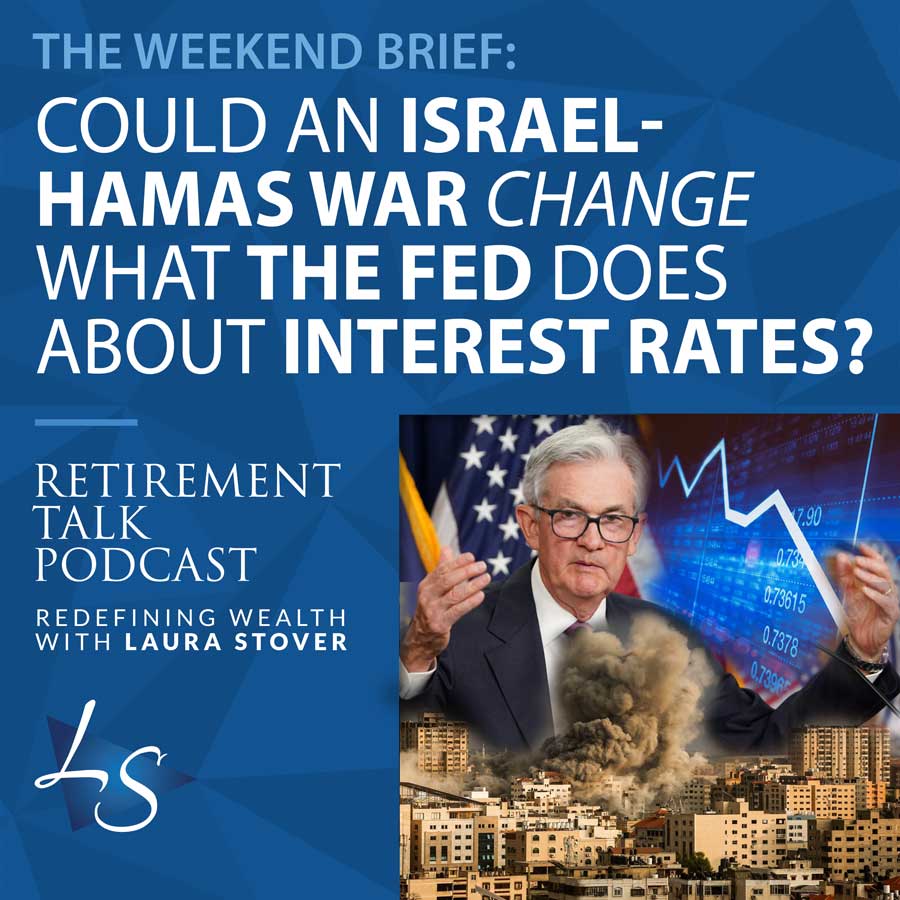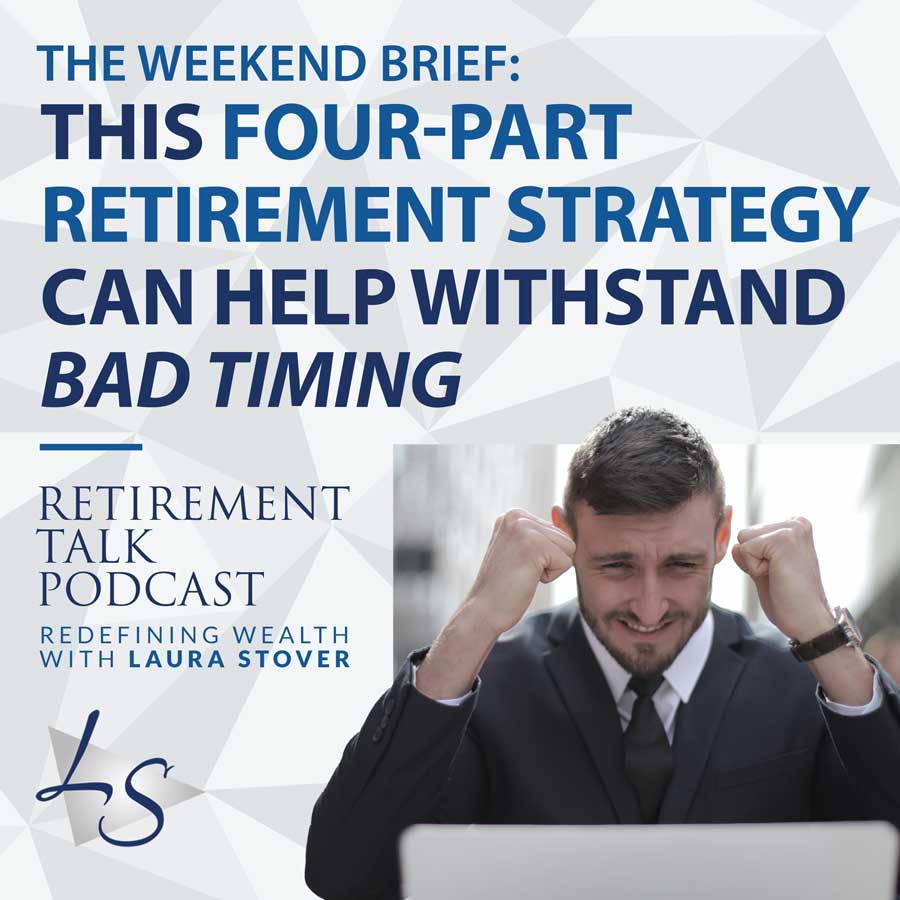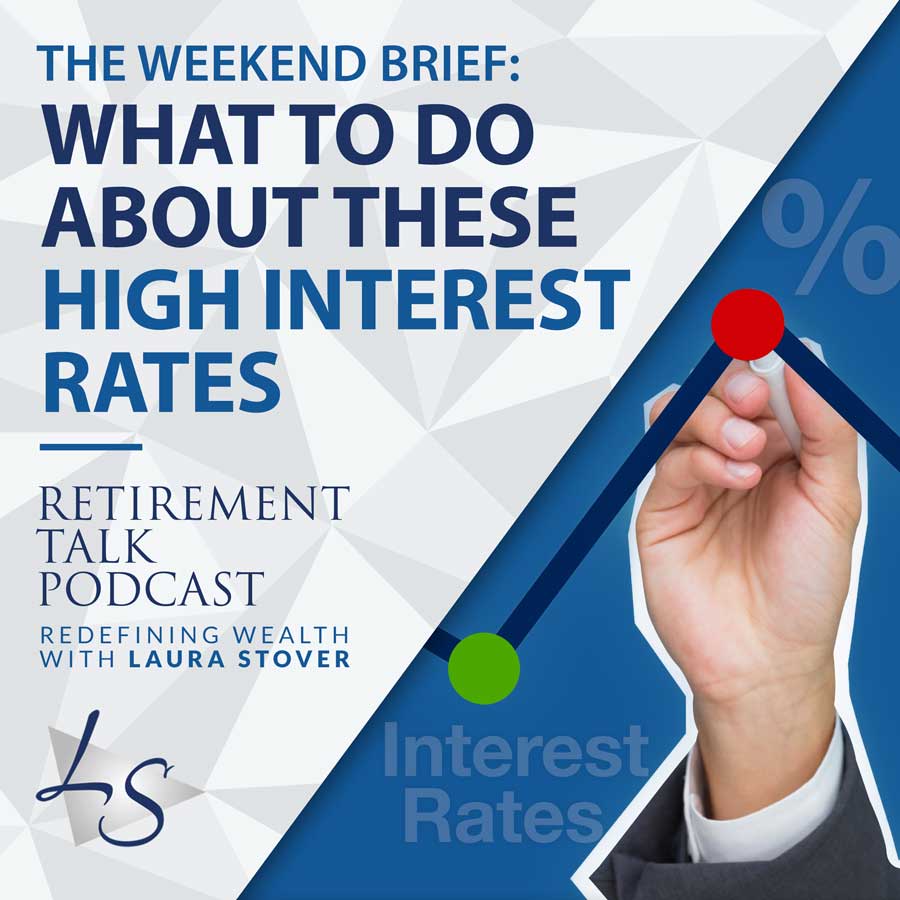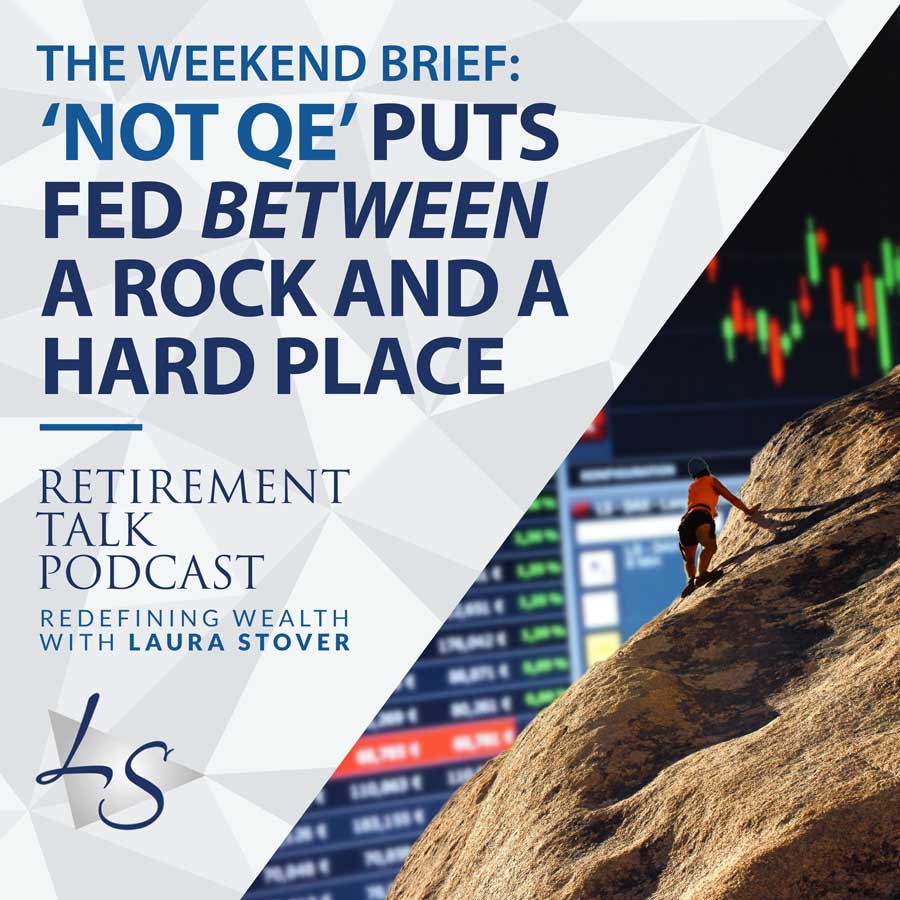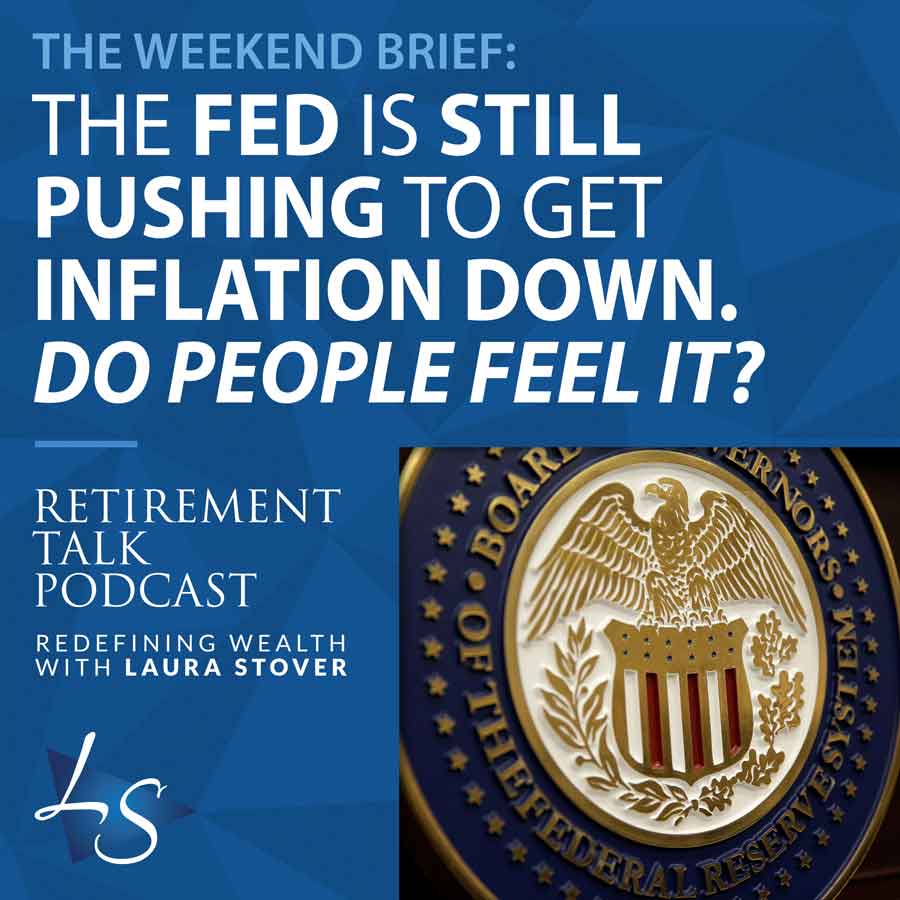Laura Stover, RFC® looks at the ongoing Israel-Hamas war and how it might affect interest rates and your financial future.. With ongoing uncertainty about the economy, wars in Europe and the Middle East, and protests at home, it’s no wonder that Americans are taking a closer look at their financial plans.
In particular, we will explore the potential impact of the Israel-Hamas war on the US, the implications for interest rates, and the threat of inflation. So, let’s dive in and unpack these important topics.
One of the biggest questions on everyone’s mind is how the escalation of the Israel-Hamas war could affect the US. Could it lead to a wider regional conflict? And what would be the consequences for the US economy?
If the conflict deepens and other players such as Hezbollah and Iran become involved, it could send oil prices soaring. This, in turn, would lead to higher costs for gasoline and consumer products that rely on diesel and jet fuel for transport. The fear is that this surge in inflation could plunge the US economy into a recession and trigger layoffs.
Inflation is another major concern for Americans, and rightly so. Despite some reports suggesting that inflation is easing, prices are still rising, albeit at a slower pace. The current core inflation rate stands at 3.2%, down from 6.5% in December 2022. However, this is still significantly higher than the Federal Reserve’s target of 2%. It’s important to note that we have embedded inflation that is here to stay, and we are currently experiencing 40-year highs in prices. The average American is spending 3.2% more on groceries and facing rising gas prices. If the Israel-Hamas war escalates and triggers a surge in oil prices, the situation could worsen.
The Fed has been on a tightening cycle for the past 17 months, raising interest rates from 5.25% to 5.5%. They have hiked rates 11 times, the highest number in 40 years. The recent cool down in inflation has led to optimism in the markets, and it’s highly unlikely that the Fed will start cutting rates anytime soon. They will likely stay the course and continue to monitor the situation.
Given the uncertainty surrounding geopolitical events and their potential impact on the economy, it’s crucial to have a comprehensive retirement plan in place. This plan should address future higher taxes, rising healthcare costs, and market volatility. It should also include a strategy for generating income that isn’t at risk.
Capital preservation should be a primary goal for retirees, as they no longer have the luxury of dollar-cost averaging through contributions to their retirement accounts. By segmenting their assets for growth and utilizing a range of investment tools, retirees can better weather market downturns and protect their nest egg.
While we can’t predict the future or control geopolitical events, we can take steps to protect our financial well-being. By staying informed, adjusting our plans as necessary, and working with a team of experts, we can navigate the uncertainties of the global landscape.
It’s important to remember that the past is not always an accurate predictor of the future, and each economic cycle is unique. However, by having a comprehensive retirement plan in place and being prepared for potential market downturns, we can better position ourselves for a secure and prosperous retirement.
Rate, Review and Subscribe to the Podcast:
https://podcasts.apple.com/us/podcast/retirement-talk-podcast-with-laura-stover/id571347188
How to Connect:
redefiningwealth.info
lswealthmanagement.com
Schedule a Review: https://redefiningwealth.info/schedule/
Redefining Wealth® Custom Blueprint Income Plan: https://redefiningwealth.info/schedule/
Timestamps (show notes):
0:01:01 Discussion on the Federal Reserve’s BTFP initiative
0:02:50 Increase in credit card debt and its relation to stimulus
0:04:20 Explanation of BTFP and its comparison to quantitative easing
0:07:56 Potential consequences and concerns with BTFP
0:09:04 Digital ID and its implications
0:10:26 Analysis of Federal Reserve’s control over the economy
0:14:40 Discussion on the valuation of collateral and pension buyouts
0:15:14 Reduction in pensions and need for retirement planning
0:15:44 Loss of control with lump sum pensions
0:16:29 Bloomberg’s report on a massive liquidity backstop program
0:17:07 Questioning the need for a large backstop
Listen & Subscribe
Click on logos below.

